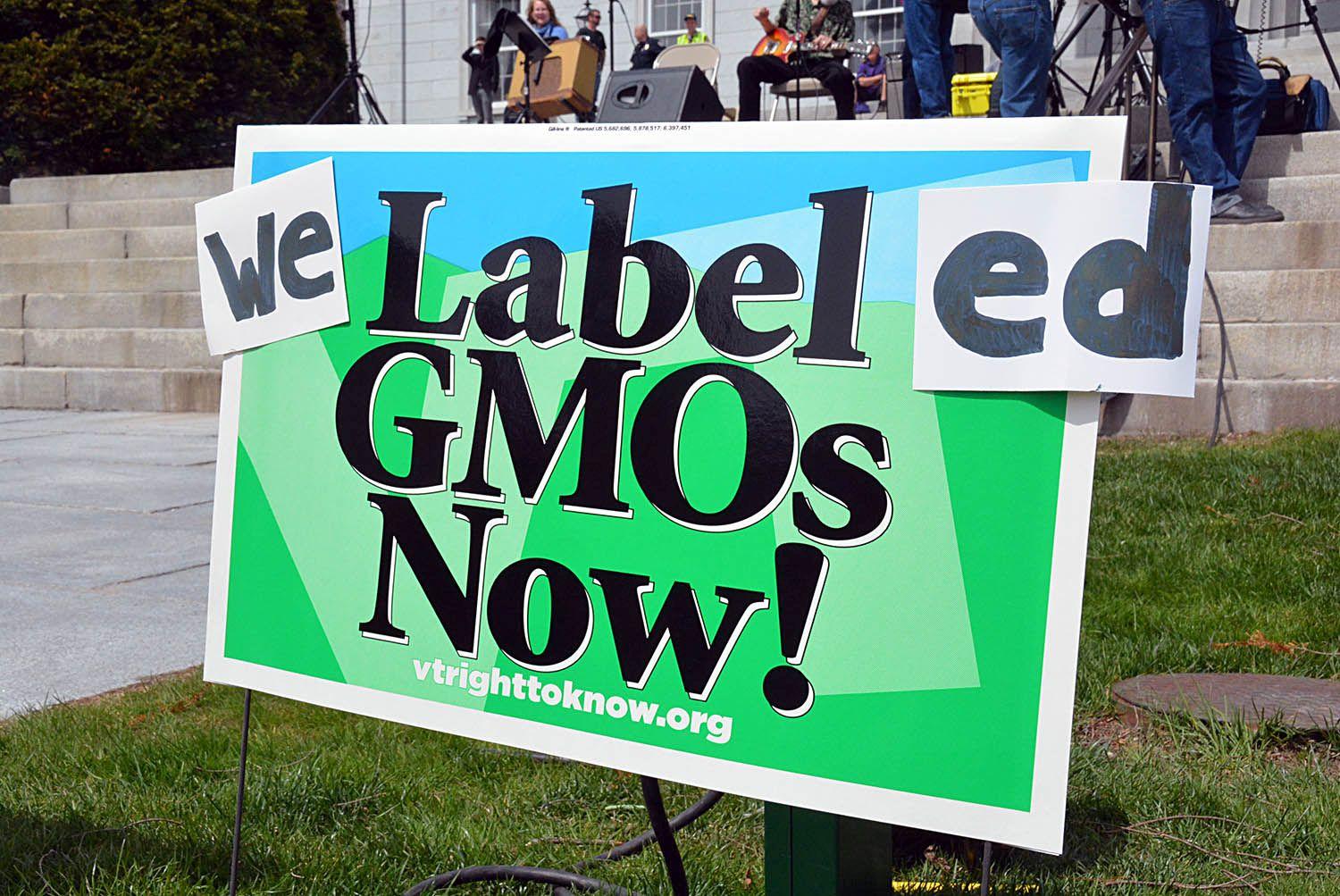On Tuesday, the House Agricultural Committee conducted a hearing aimed at examining the costs and impacts of mandatory GMO labeling laws. If passed, it would create a federal law that would require manufacturers to label all genetically engineered foods and any food products that contain genetically engineered ingredients.
The Genetically Engineered Food Right-to-Know Act, introduced by Rep. Peter DeFazio (D-Ore.) in the House and by Sen. Barbara Boxer (D-Calif.) in the Senate, would direct the FDA to enforce the new rule. However, some industry groups would rather have a federal solution than a federal mandate. These industry groups, including the Grocery Manufacturers Association and the Snack Food Association, seek a federal solution of voluntary labeling that preempts state laws that requiremandatory labeling, claiming that complying with a patchwork of state laws would dramatically increase costs for manufacturers and consumers. Whether this is true or not is up for debate.
In response to the Right-to-Know Act and supported by industry groups, a bipartisan bill was introduced on Wednesday by Rep. Mike Pompeo (R-Kan.) and Rep G.K. Butterfield (D-N.C.) that would bar states from requiring the labeling of foods derived from genetically-modified organisms. The proposed legislation would set up, as an alternative, a U.S. labeling program that would certify foods that are free of genetically modified organisms. But the program would be voluntary, and does not require genetically-modified foods to be labeled. Thus, it would preempt state laws requiring mandatory GMO labeling (i.e., Vermont, Maine and Connecticut).
Currently, the FDA currently supports voluntary labeling in which food manufacturers indicate whether their products have or have not been developed through genetic engineering “provided such labeling is truthful and not misleading.” Which, in lay terms, means no federal requirement for GMO labeling exists.
Whatever side you may be on, this is going to be a fight of historic proportions as money continues to pour in from both sides. Stayed tuned for updates as we closely follow these bills while they make their way through the legislative process.

